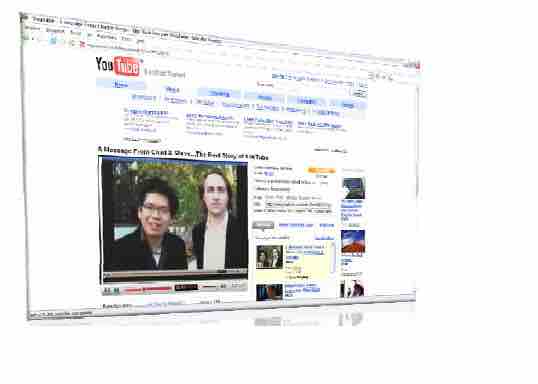Information search is considered the second of five stages that comprise the Consumer Decision Process. During this stage, a consumer who recognizes a specific problem or need will then likely be persuaded to search for information, whether it be internally or externally. This is also when the customer aims to seek the value in a prospective product or service. During this time, the options available to the consumer are identified or further clarified.
Information search can be categorized as internal or external research:
Internal research refers to a consumer's memory or recollection of a product, oftentimes triggered or guided by personal experience. This is when a person tries to search their memory to see whether they recall past experiences with a product, brand, or service. If the product is considered a staple or something that is frequently purchased, internal information search may be enough to trigger a purchase.
External research is conducted when a person has no prior knowledge about a product, which then leads them to seek information from personal sources (e.g. word of mouth from friends/family ) and/or public sources (e.g. online forums, consumer reports) or marketer dominated sources (e.g. sales persons, advertising) especially when a person's previous experience is limited or deemed inefficient.

Consumer Seeking Information
A marketer dominated personal source.
- Examples of personal sources that are marketer dominated, include sales person advice in a retail store.
- Personal sources that are not marketer dominated include advice from friends and family.
- Television advertising and company websites are examples of non-personal sources that are marketer dominated
- Online forums are non-personal sources that are non-marketer dominated.

Non-personal Source
An example of a non-personal source is a search on the Internet providing information about a subject.